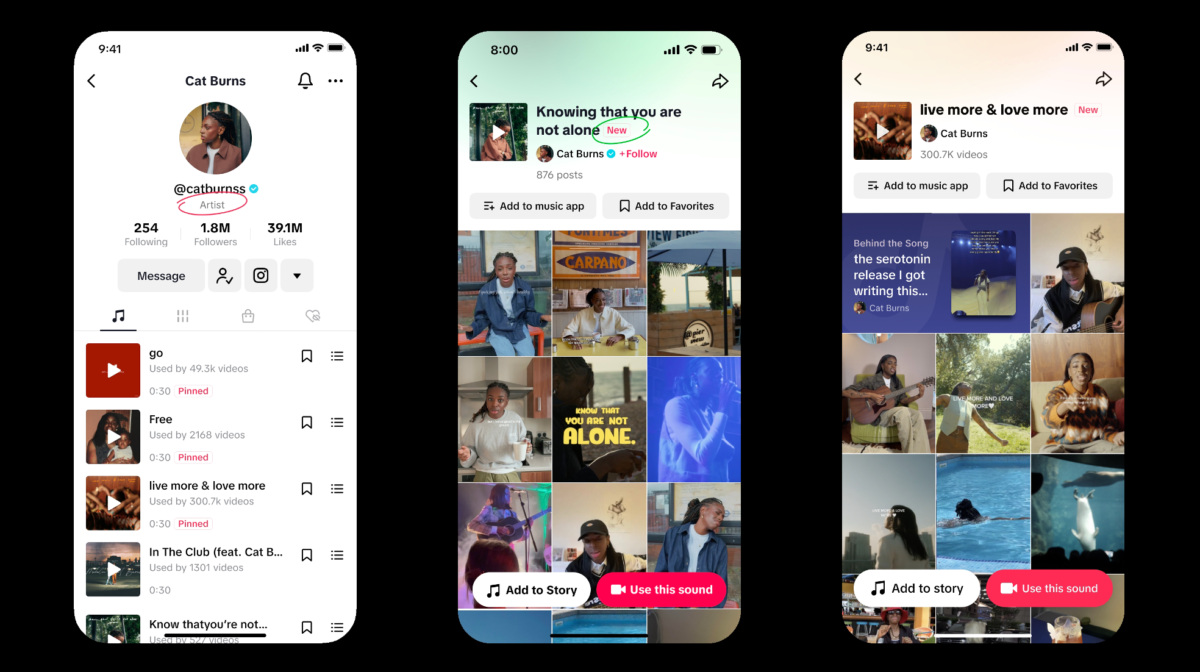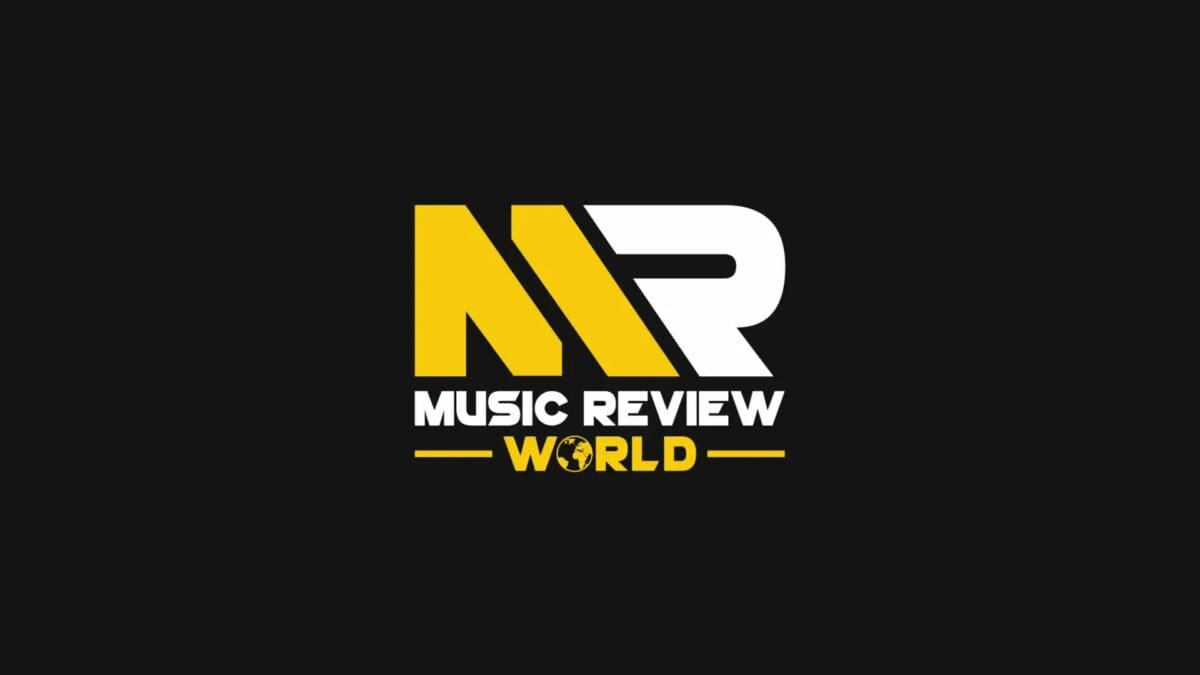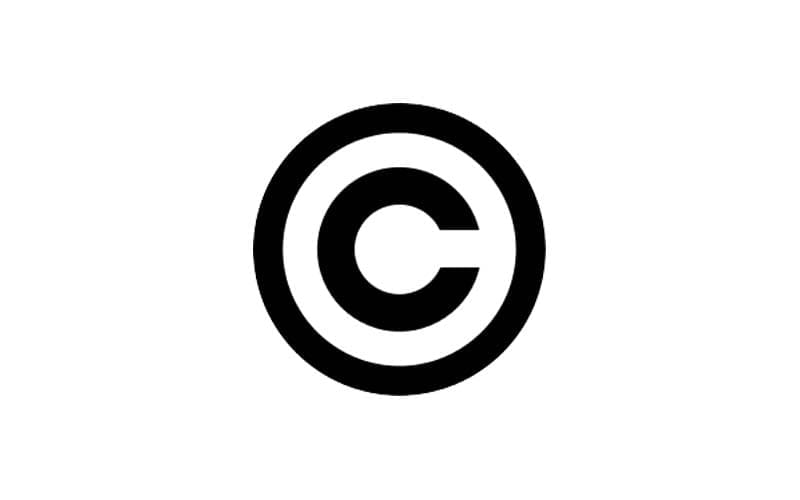
Copyright – we all know it’s important, especially in the creative industries, but many musicians are not 100% clear on exactly what copyright is, who owns copyright in recorded music and how that impacts you as an artist. In this blog, we’ll delve into what is copyright law in music, what is copyright infringement in music and some examples of copyright issues in the music industry.
A note before we begin – this blog is intended to give a little (we could literally be here for years if we wanted to cover everything!) insight into the world of music copyright at a high level and give top-line information about how copyright is relevant to music.
The information collated here is gained from experience in the music industry and as result of research into this topic but for specific legal advice or if you are in doubt about your position in relation to copyright, the best bit of advice we can give is that you consult with a music lawyer.
Are you releasing new music?
Book a meeting with a Music Gateway A&R today.
Discuss release strategies, distribution, growing your fanbase, organic playlisting, press, radio and more.
What Is Copyright?
Well, if you had guessed that owning a copyright gives you the right to make copies, then you are actually not far off the mark at all! In the strictest, most basic form – ownership of the copyright of a recording or sound affords you the exclusive right to redistribute and reproduce the work. It also allows you to license the recording or sound in question which means you can earn royalties. So if you’re wondering what is a copy in music copyright, it is a reproduction or redistribution of a sound recording.
But It’s Much Bigger Than That
To really understand the main principles of copyright in music, we need to understand what rights are applicable. For artists, there are two main types of ownership to be aware of when it comes to a song.
The first is the intellectual property – this is the idea of the song – the fact that you as the artist wrote and composed those words and chords and melody into an intangible idea of the song.
The second is the mechanical ownership, also sometimes referred to as the “masters”. This is ownership of the copyright of the specific sound recording of the song.
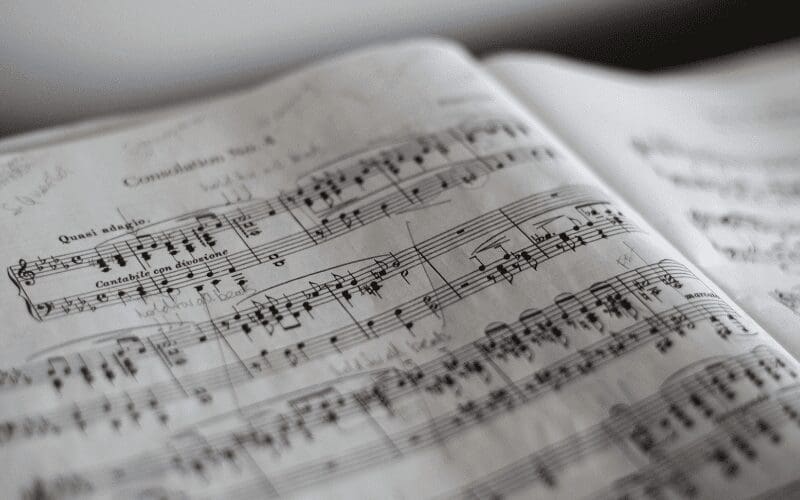
To put it in a hypothetical situation, imagine that you have written a brand new song – let’s call it “Brand New Song”. Now, as the sole creator (in this example), you own 100% of the rights to this song, which was your idea.
Now, you might then sign to a record label who agrees to release “Brand New Song” as a single. They pay for you to enter the recording studio and record a full electric version of “Brand New Song”. Whilst you still own the rights to the intellectual property – because “Brand New Song” was your idea – there is now the consideration of who owns the specific recording of “Brand New Song” which will form part of the agreement with the record label. It might be that they own the rights to the recording forever, or it might be time-limited – but there will be an ownership of those masters and the record label will make their money by reproducing and distributing that recording to the public. They will also seek to license that record to other players (for use in movies or advertising, etc.) in order to generate additional income streams.
Now, imagine if someone were to decide to cover your “Brand New Song”, making their own recording and releasing it as a single of their own. As the creator of the work and the owner of the intellectual property of the song, you would still be due a royalty for sales, airplay, etc. of the newer version. However, your label only own the mechanical copyright – so they won’t have any claims over the new recording (unless of course they make an agreement with the band covering “Brand New Song” to procure the copyright for that version).
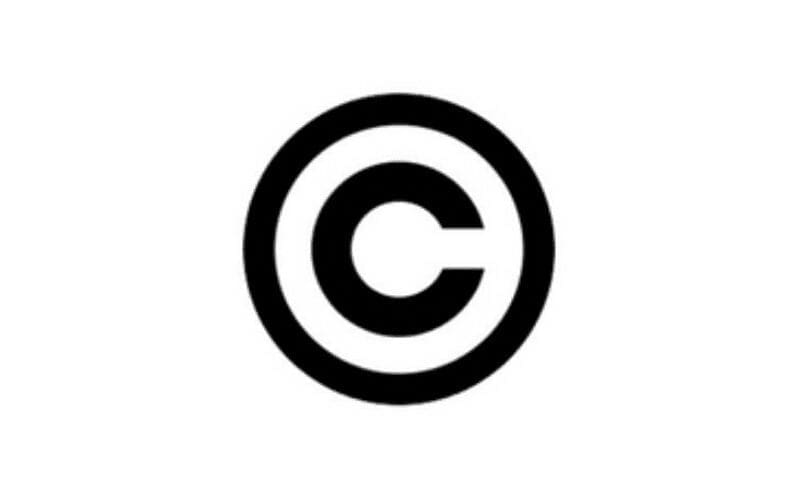
What Is Copyright Infringement In Music?
Copyright Infringement is the term used to describe the act of breaching the terms of a copyright – in music this could be ripping a band’s CD and giving copies to all of your friends (whether it’s free or if they pay for it), or it could be setting up a website that allows users to download music or movies for free without any permission or knowledge of the copyright owners. It could even be re-purposing copyrighted material to incorporate into a new product – for example, using an unauthorised/un-credited sample in your song and releasing it as your own without any license to do so.
One of the most common music copyright infringements these days that you might even be familiar with is if you have ever tried to upload a video to Tik Tok, YouTube, Facebook or Instagram, etc. and the video you are uploading has a recorded soundtrack on it – perhaps your favourite song by your favourite artist. If you have tried this (or maybe you have tried to upload a video with your own released music synchronised to the video), you will probably have experienced having your video muted, or in some cases even removed. This is to protect those websites against music copyright infringement – i.e. using a recording owned by someone else as the soundtrack to your video without paying an agreed license fee and having the right to do so.
Copyright rules for using music in videos are pretty complex but as a general rule, you must either be the copyright owner or have permission from the copyright owner to use music in a video. If permission is given, you are granted a license to use the music and can therefore go ahead – however, the ability to control who is allowed to use a recording is one of the key benefits of owning a recording as you can then charge a license fee for allowing someone to use your video so it is generally something that is subject to some kind of fee.
This is why a lot of social media platforms have now made blanket licensing arrangements where they compensate copyright owners in exchange for the ability to have music that is pre-licensed that users can embed in their videos – so if you go to Tik Tok or Instagram and click the ‘add music’ button – you will notice there is a lot of music that is available for you without any worry of infringing any copyright ownership.
Examples Of Music Copyright Issues
#1 – ‘Bittersweet Symphony’ – The Verve

It’s one of the best-known riffs in the world – but more than that, The Verve’s Bittersweet Symphony was actually subject to legal battles for 22 years and was not fully resolved until 2019.
The root of the issue was that The Verve sampled a segment of an orchestral arrangement of The Rolling Stones’ The Last Time. The Stones’ manager claimed that the Verve had used a larger sample than had been agreed. The Verve were sued for plagiarism and ultimately had to sign over the intellectual property rights to the song. Controversially, this also included the lyrical content which was 100% invented by The Verve frontman Richard Ashcroft. It meant that the Verve didn’t make a penny from their biggest ever hit and even had to endure the song being nominated for a Grammy with Richards and Jagger as the songwriters.
Fortunately, there is a happy ending and in 2019, Richards and Jagger signed their rights to the song over to Richard Ashcroft.
#2 – ‘Sanctuary’ – Madonna
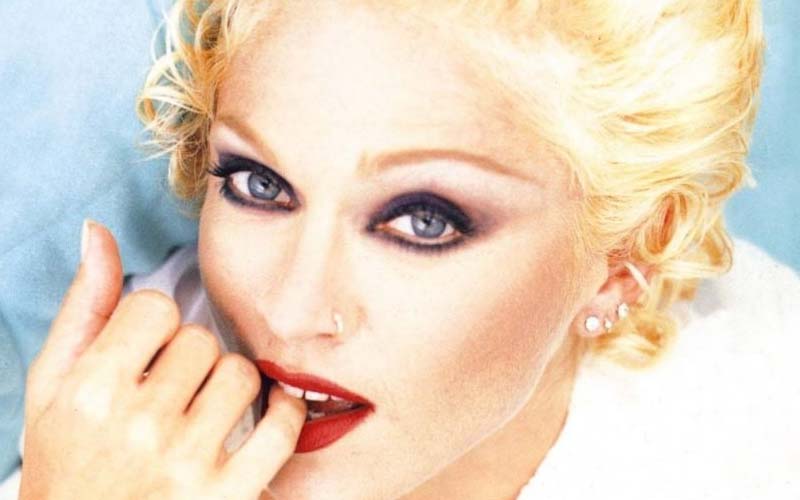
This is a really interesting case that also incorporates elements of ethical discourse and cultural appropriation. In her 1994 hit, Sanctuary, Madonna sampled a riff, performed on a Hindewhu –a pipe and vocal combination practiced by the Ba-Benzélé Pygmies of Central Africa. The sample itself is actually taken from Herbie Hancock’s 1973 record Watermelon Man – and that agreement in itself was totally above board and there were no copyright issues arising.
However, the issues arise when you consider that the original performer and composer of the song is credited as Herbie Hancock – with no credits assigned to the original creator of the riff, the Ba-Benzélé.
#3 – Napster and the rise of Streaming
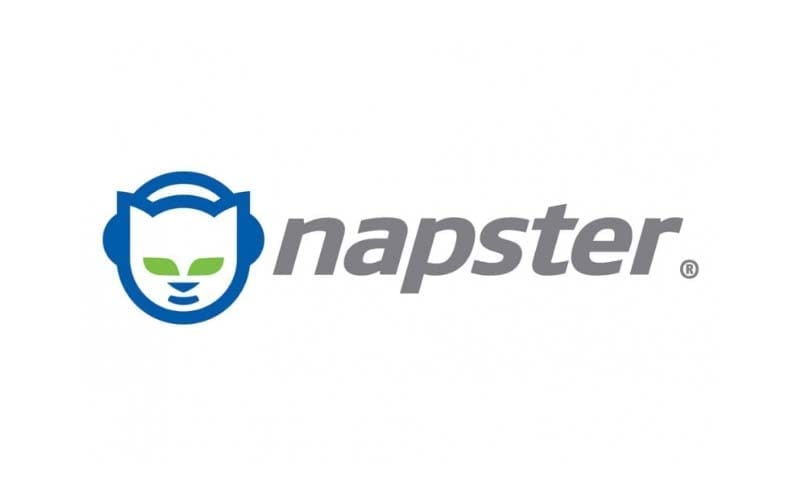
Some readers will remember the early days of the Internet’s role in music and particularly the controversy surrounding file sharing site, Napster. Napster was created in 1999 as a file-sharing website. However, the site quickly became a forum where users shared MP3s of copyrighted music ripped from CDs and other sources – effectively cutting the copyright owners out of the equation by making music purchased once available free of charge to everyone using the platform. In 2000, Napster lost its lawsuit (which was spearheaded by Metallica) and was forced to shut down due to large-scale copyright infringement. That said, the Napster case marked the beginning of the end of physical formats of music and heralded a new age of digital music consumption – paying the way, firstly, for the likes of iTunes, and very soon after that, Spotify.
What’s interesting about the role of the copyright in the Internet age is the ease of proliferation and increasing user base making it much more difficult to track who is using copyrighted material without authorisation – and how the big players in the market space are able to achieve some level of success that works for them but smaller players are short-changed as the legislation struggles to keep pace with the technology.
Let me give an example – in the UK today, streaming accounts for 82% of music consumption in the UK (roughly a third of this is on Spotify). All music streamed on Spotify is fully licensed and there are no copyright issues – by uploading to the platform, a copyright holder consents to Spotify making their recordings available for streaming and in return, Spotify pays streaming royalties to the copyright owners. However, the business model here is that Spotify calculates how much it made in total from subscriptions in a given period. Then, costs and deductions are made until you are left with the final amount to be shared amongst the copyright holders. This revenue is then distributed proportionately – i.e. if you own the copyright to songs that represented 20% of all streaming on Spotify, you get 20% of all the revenue to paid to copyright holders. This represents two very interesting points:
#1 – The players with the largest catalogues of copyrights make significant sums of money.
This is one of the primary reasons that we see major labels buying up established artists’ catalogues (you may have seen that Warner Chappell recently purchased David Bowie’s Catalogue in a deal worth hundreds of millions). Not only do you have the ability to license the catalogue but you also own a much larger stake in the revenues offered by digital service providers like Spotify.
#2 – Your individual copyrights decrease in value over time.
Yes, you read that right. The issue is that new material is uploaded every single day – to the tune of around 60,000 songs each day. And the number of subscribers to streaming services like Spotify are not increasing at the same rate. So whilst 1 million streams may have represented 1% of Spotify’s total streaming numbers in 2010, in 2022 it might only represent 0.000001% – so the value of your copyright actually decreases over time as the total number of songs on streaming platforms increases. This is why artists like KT Tunstall are pushing for legislative change and why some artists have pulled their catalogues from streaming services like Spotify.
This is also where new technology, like NFT’s (Non-Fungible Tokens) are interesting for artists, because they use a similar technology to cryptocurrency and as such, it is much easier to ensure that only those who have authorisation (and have paid) are able to use copyrighted material.
Is Copyright On Everything?
One of the interesting things about copyright is the concept of the Public Domain. In most countries, copyright is time-limited. In the UK and US, copyright is limited to 70 years following the author’s death (with some local subtleties). You may have noticed over the past few years that that ‘Happy Birthday’ has started to be sung in movies and on TV much more regularly – the ditty is the most recognised tune in the English language and was composed by American sisters Patty and Mildred J Hill in 1893. The copyright was owned by Warner Chappell Music and so using the song was subject to a license fee – however, it has now exited copyright and has entered what is known as the Public Domain, making it free for anyone to use without needing to seek permission from a copyright owner.
Whilst copyright is applicable to all creations and automatically assigned to the creator upon creation for them to license as they please – some creators are acutely aware of the value of making their creations available for public use immediately. In music, this might mean creating royalty-free samples that producers can use without any penalty, but it actually stretches way beyond the creative industries and can apply to all inventions.
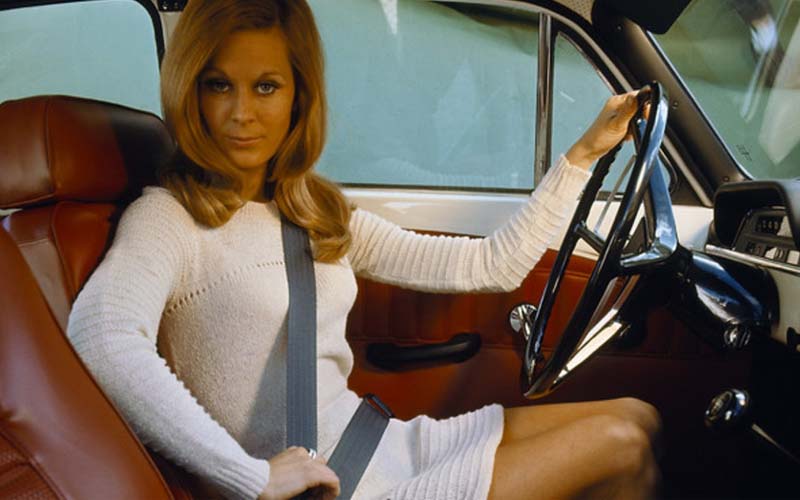
A good example is that Volvo Cars engineer Nils Bohlin invented the modern 3 point seatbelt in 1959 and the company decided to make the invention immediately available to everyone, relinquishing their rights to license the concept or exclusively claim that their cars were the safest on the road.
Sometimes, a company might choose to make an idea available to the public as part of a wider strategic goal. In 1979, Phillips invented the CD and make it available to the public in 1982 – they could have exercised their copyright on the device which would have meant that only Phillips CDs and CD Players could be used or that other manufacturers would have to pay a license. However, Phillips understood that the key to long-term success and being able to sell CD-compatible devices over an extended period was market ubiquity and so they made the technology open so that the medium could become successful.
This is where organisations such as Creative Commons come into play – Creative Commons is a non-profit organisation offering companies an easy and standardised method of making their copyrights available to the public both for the benefit of cultural progress but also in relation to things such as inventions and developments in medicine or technology.
That Was Our Guide to Music Copyright!
Music Copyright is a huge topic – the legal protections offered to creators and licensees is the bedrock of the music industry, without those protections we wouldn’t have a music business. And as the music industry changes and technology changes the nature of music consumption, how copyright law is implemented will also change. It is also worth noting that whilst the principles of copyright law at a high level are common across all countries, there are also regional differences to be aware of. As we said in the introduction, the best advice we can give is to seek out the services of a music lawyer if you are in any doubt about whether you are in breach of copyright. It is equally important to understand the copyrights that you as a creator might own and the value that that ownership has.
Are You A Musician Or Artist?
Get Free Music Distribution and find opportunities to get your music in film, TV, and more through sync licensing. Plus get Music Supervision, Music Publishing, Music Marketing, Artist Development and utilize our Free Artist Websites and Rap Name Generator. Finally, you can amplify your music to those that need to hear it with music promotion, TikTok promotion and professional sharing tool. Why not give the gift of music today with our Gifts for musicians package?
Try all of this out for yourself by joining Мusic Gateway. Get your free trial, no strings attached.







